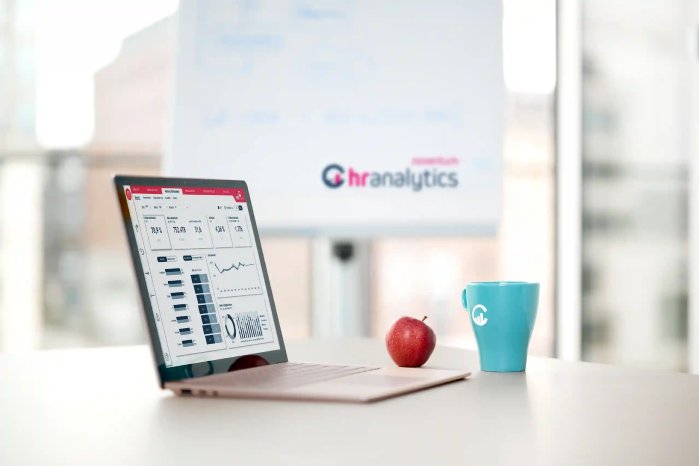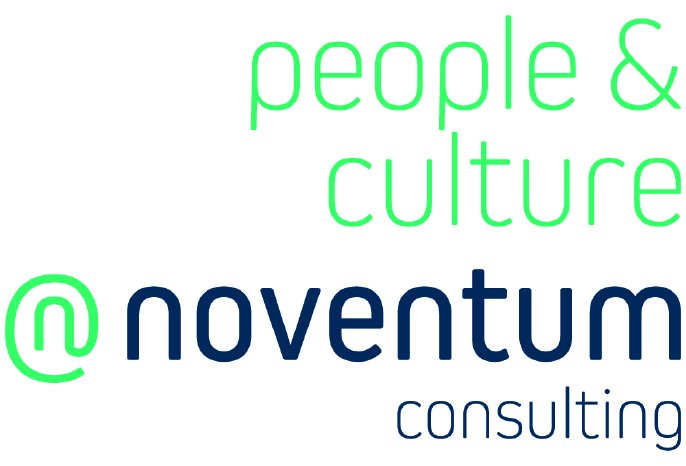ESG in the HR world
The business world is currently undergoing a remarkable transformation, characterised by an increasing awareness of sustainability and responsible business practices. At the centre of this change is the term ESG - Environmental, Social, and Governance - which characterises a sustainable business model that places environmental, social and ethical aspects at the forefront. A key driver of this development is European legislation, in particular the ESG reporting obligation, which requires companies to provide detailed and transparent reporting on their activities in these areas.
The EU Taxonomy Regulation and the Corporate Sustainability Reporting Directive (CSRD) are of particular importance here. These laws require companies to report comprehensively on their sustainability performance. The CSRD, which comes into force in 2024, expands the existing reporting obligations and includes a larger number of companies. It aims to increase transparency with regard to sustainability issues and ensures that the social and environmental impact of companies becomes visible and measurable. Above all, knowledge about supply chains, their processes and potential opens up new opportunities for companies - not just reporting obligations. Companies with transparency gain competitive advantages through this knowledge, which can only be utilised through consistent ESG reporting.
HR management is becoming increasingly important strategically in order to fulfil ESG requirements and anchor sustainability in the corporate culture. HR must not only comply with fair working conditions, equal rights and diversity, but also organise them sustainably and make them transparent in ESG reports. HR's responsibility therefore extends to realigning processes, promoting employer branding and strengthening corporate identity, which enables companies to position themselves as attractive employers.
The decisive lever for this is HR reporting, which makes sustainable efforts and successes measurable and visible.
Digitalisation in HR: accelerator for ESG integration
The advancing digitalisation in all areas of business does not stop at HR. Digital technologies make it possible to record, analyse and report sustainability data. This is a fundamental prerequisite for fulfilling the demanding requirements for ESG reporting and transforming HR management at the same time.
Digital HR solutions, data analysis tools and, in future, the use of artificial intelligence will help HR departments to recognise patterns and trends and make informed decisions. Integrated ESG data management enables HR managers to simplify reporting on the social component of ESG. From monitoring employee development to documenting diversity initiatives, digital systems ensure that all relevant information is available and up-to-date.
By using specialised software, HR teams can centralise ESG-related data, improving both internal decision-making and external reporting.
Digitalisation goes beyond pure data processing. It has the mission and also the potential to change the entire work culture - towards a culture that focuses on transparency, flexibility and the well-being of employees. The introduction of new systems and tools not only modifies operational processes. The HR strategy is also being rethought against the backdrop of a new objective. The integration of systems and data management are at the centre of this in order to meet reporting obligations and the associated sustainability objectives.
Overall, ESG integration should be seen as an opportunity - it can serve as a catalyst for the digitalisation of the HR world in order to modernise work processes and the data culture.
ESG reporting and compliance in HR
ESG reporting presents HR departments with a number of challenges. One of the biggest, apart from the collection, is the processing and utilisation of an enormous amount of data from different areas of the company. From working conditions to development programmes to employee satisfaction - every facet needs to be accurately measured and reported. In addition, HR departments must ensure that their reporting is not only up-to-date, but also compliant with ever-changing legal requirements. The importance of the adaptability and flexibility of the systems used is growing.
HR technologies play a crucial role in supporting ESG initiatives. Modern information systems enable the automated collection and processing of ESG-relevant data. Modern, centralised data management in the form of an HR Single Point of Truth (HR SPOT) helps to view and evaluate the data in an integrated manner.
In contrast to isolated solutions within individual HR systems, integrated data analysis and reporting offers many advantages. It not only improves the efficiency of reporting, but also contributes to greater data consistency and quality, which increases the credibility of the statements. A centralised data platform that integrates various data sources makes it easier for HR managers to gain deeper insights into the company's ESG performance and make informed decisions. In this way, HR can actively contribute to the achievement of ESG goals and at the same time strengthen the value contribution of the HR function within the organisation.
Finally, robust ESG reporting allows stakeholders to assess the company's sustainability performance and helps to build trust with investors, customers and employees. HR departments that use modern technology to support these processes send a clear signal of the seriousness and commitment of their commitment to sustainable corporate governance.
Read in the complete article on nc360°, the noventum Info-Platform:
- ESG integration in practice
- Future prospects: ESG trends and their impact on HR
- Conclusion: ESG as a strategic priority in HR
- Summary of the most important findings



